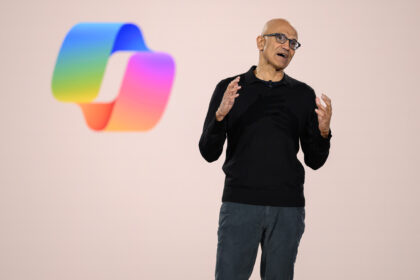“The industry is witnessing the advent of the ‘Browser 2.0’ era, exemplified by the deep integration of Copilot within the Chromium-based Microsoft Edge,” said Neil Shah, partner & co-founder at Counterpoint Research. “Until AI agents become the primary interface for information access, developing an AI-native browser is a crucial strategy for user acquisition. This approach complements the growth of standalone applications and deeper OS-level integrations, such as the partnerships between OpenAI and Apple, or Perplexity and Motorola.”
An AI-native browser offers a key advantage by bypassing the data restrictions of standalone applications. For firms like OpenAI and Perplexity, it opens the door to detailed telemetry on user browsing behavior, creating new opportunities for monetization through advertising, data deals, and other channels.
Strategic advantage, with challenges
Controlling a web browser offers a direct channel to user behavior and data, an advantage that has long set Google apart. Chrome held 68% of the global browser market in June, according to StatCounter, far outpacing competitors such as Safari, Microsoft Edge, and Firefox.
Read the full article here










